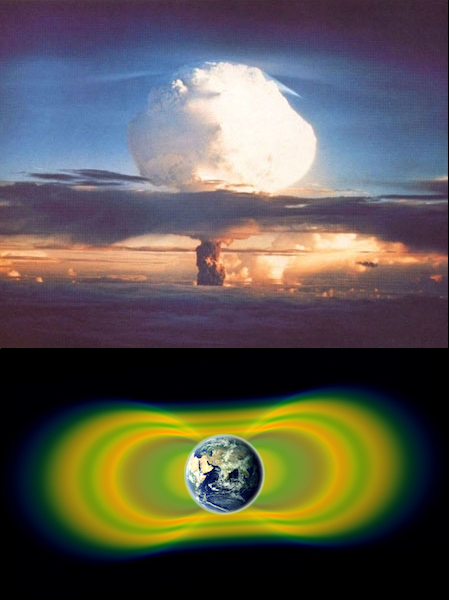 In 1963, the United States, the Soviet Union, and Great Britain signed the Limited Test Ban Treaty, agreeing to not test nuclear weapons in the atmosphere, underwater, or in outer space. France continued atmospheric testing until 1974, and the last atmospheric test was done by China on October 16, 1980. Over 500 atmospheric nuclear tests have been performed before then, but none since.
In 1963, the United States, the Soviet Union, and Great Britain signed the Limited Test Ban Treaty, agreeing to not test nuclear weapons in the atmosphere, underwater, or in outer space. France continued atmospheric testing until 1974, and the last atmospheric test was done by China on October 16, 1980. Over 500 atmospheric nuclear tests have been performed before then, but none since.
That could soon change. North Korea has threatened to do an atmospheric nuclear test. Even if that test doesn’t lead to a chain of more dangerous events, and considering the potential health impacts of the dispersed radiation, it turns out that simply testing a missile in the atmosphere could lead to highly charged electrons that would tend to fry the electronics of Earth-orbiting satellites.
It’s a complex issue, and one that ties in with the huge magnetic fields that protect the Earth and the satellites orbiting around it. Those magnetic fields include some areas that attract highly charged particles, called the Van Allen belts. Earlier this year, we reported on a discovery from the Laboratory of Atmospheric Space Physics in Boulder, about how very low frequency radio transmissions sent to military submarines deep under that water, accidentally help satellites high above the Earth by reducing the impact of the Van Allen belts’ highly charged particles. So, could those very low frequency waves also protect us from the satellite-frying effects of an atmospheric nuclear weapons test? If things get too crazy here on Earth, could a spacecraft with a well-designed magnetic field help people escape? Those are questions that come to mind for How on Earth’s Shelley Schlender. Now here’s Shelley’s investigation about the Van Allen belts, whether cell phones would work after a nuclear explosion, and escaping to outer space.
Hosts: Joel Parker, Chip Grandits
Producer, Engineer: Joel Parker
Additional Contributions: Beth Bennett, Alejandro Soto
Executive Producer: Beth Bennett
Listen to the show:
Podcast: Play in new window | Download (Duration: 28:04 — 25.7MB)
Subscribe:
 This week on How on Earth, we started speaking with Miriam Kalamian, author of the newly released Keto for Cancer. The interview starts at 11′ 30″, but unfortunately we lost the connection after only 5 minutes. You can link to her book at http://www.chelseagreen.com/keto-for-cancer and we will have her back to hear the full story! For the remainder of the show we linked to the BBC Science in Action segment on building proteins from novel DNA sequences.
This week on How on Earth, we started speaking with Miriam Kalamian, author of the newly released Keto for Cancer. The interview starts at 11′ 30″, but unfortunately we lost the connection after only 5 minutes. You can link to her book at http://www.chelseagreen.com/keto-for-cancer and we will have her back to hear the full story! For the remainder of the show we linked to the BBC Science in Action segment on building proteins from novel DNA sequences.



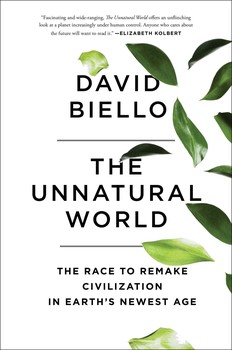
 The Unnatural World (start time: 6:58): It’s an audacious topic for a book: the planet, and audacious individuals who are working to save — actually, to remake — human civilization and our home on Earth.
The Unnatural World (start time: 6:58): It’s an audacious topic for a book: the planet, and audacious individuals who are working to save — actually, to remake — human civilization and our home on Earth. 
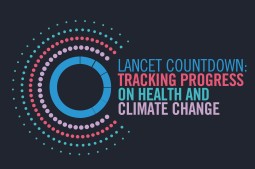



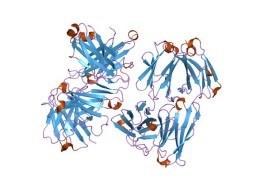
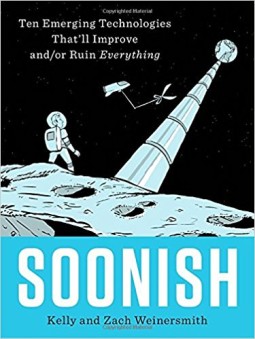

 In 1963, the United States, the Soviet Union, and Great Britain signed the
In 1963, the United States, the Soviet Union, and Great Britain signed the 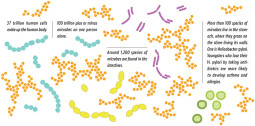
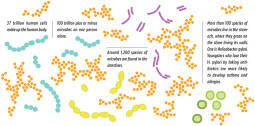 This week on How on Earth, Beth interviews Dr Martin Blaser of New York University who challenges the assumption that antibiotics are harmless drugs targeting only harmful pathogens. In his recent book, Missing Microbes, Blaser presents the evidence that antibiotics are causing the extinction of important bacteria in our microbiome. These microbes have co-evolved with us, so losing them puts us at risk of many of the rising diseases of our society: asthma, allergies, eczema and obesity. Check out his book:
This week on How on Earth, Beth interviews Dr Martin Blaser of New York University who challenges the assumption that antibiotics are harmless drugs targeting only harmful pathogens. In his recent book, Missing Microbes, Blaser presents the evidence that antibiotics are causing the extinction of important bacteria in our microbiome. These microbes have co-evolved with us, so losing them puts us at risk of many of the rising diseases of our society: asthma, allergies, eczema and obesity. Check out his book: 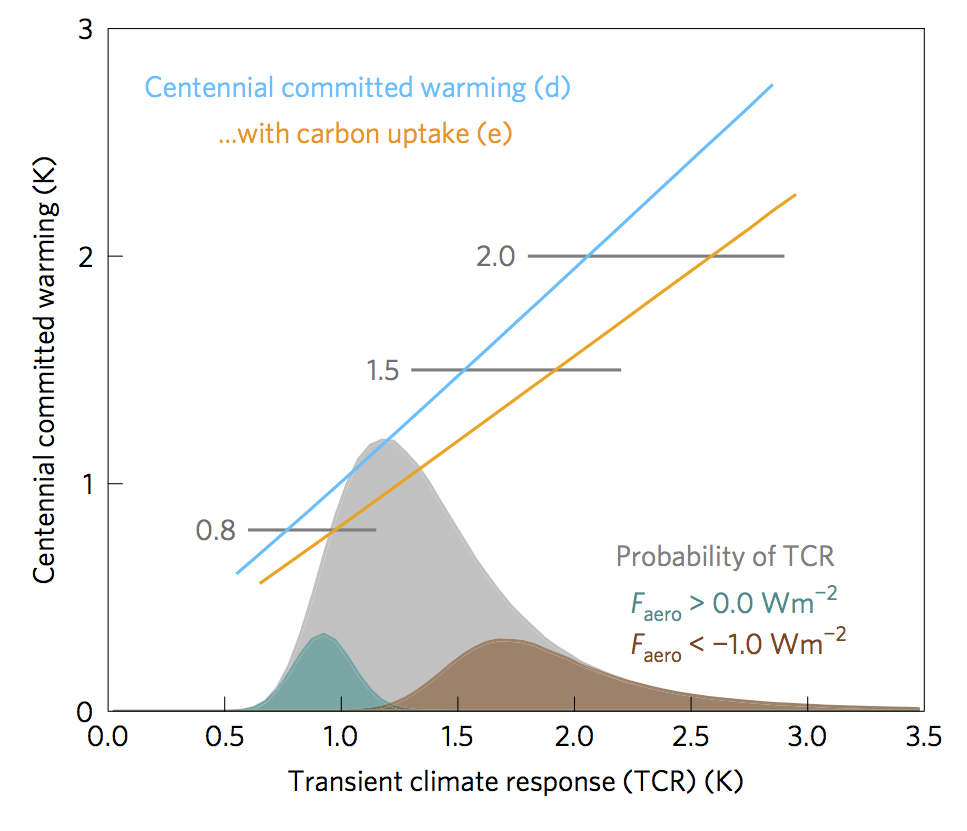
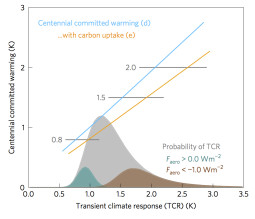
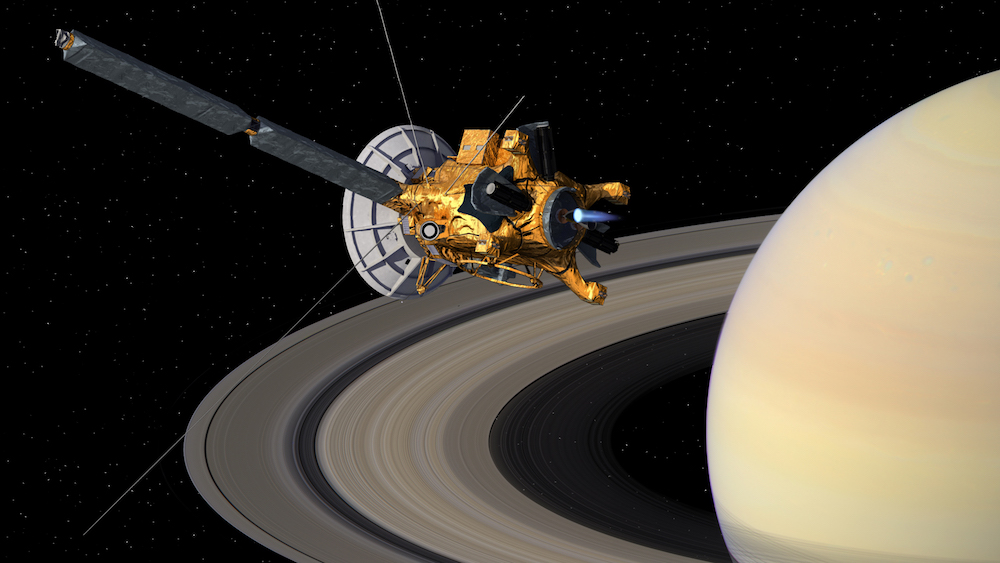
 The
The 
 This week on How on Earth we speak with Simon Melov, a biochemist at the Buck Institute for Aging. Dr Melov studies various aspects of aging in worms, mice and humans. The aging field is replete with new and exciting discoveries and Simon’s work epitomizes that.
This week on How on Earth we speak with Simon Melov, a biochemist at the Buck Institute for Aging. Dr Melov studies various aspects of aging in worms, mice and humans. The aging field is replete with new and exciting discoveries and Simon’s work epitomizes that.